

The stories we carry aren’t just from books—they’re shaped by the people who walk into our lives, leave their mark, and remind us who we want to be.
Over the years—as a teacher, traveler, and storyteller—I’ve been incredibly fortunate to cross paths with people whose influence quietly but profoundly shaped my life. Some were famous. Some were family. All were unforgettable. Their voices echo in my writing, their lessons guide my classrooms, and their courage nudges me forward.
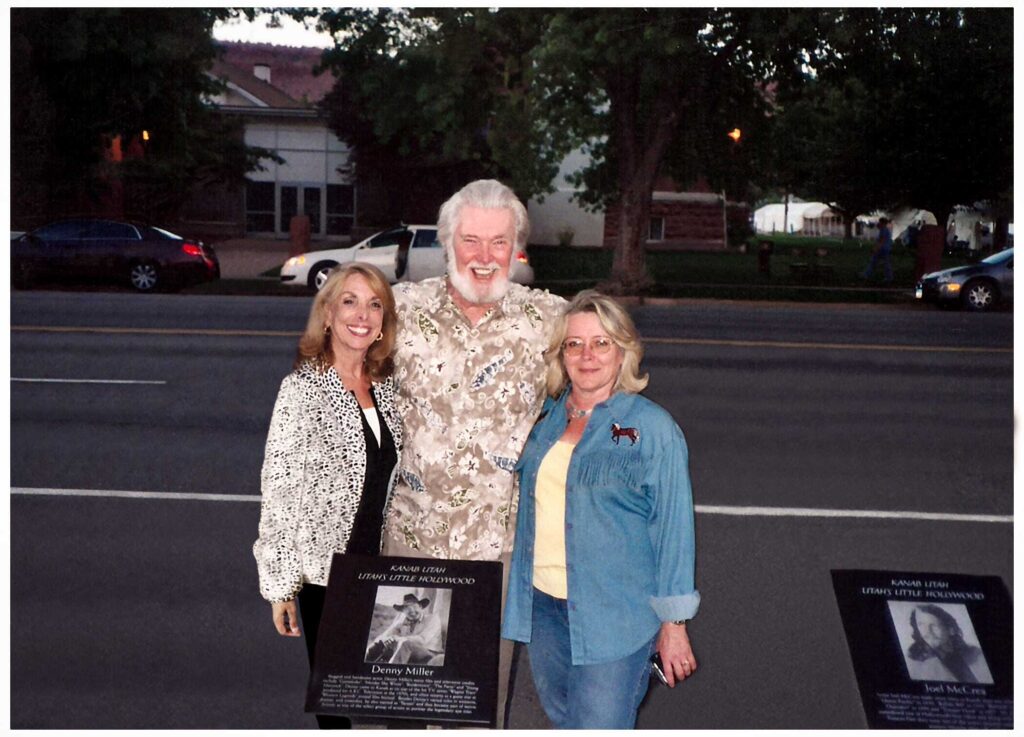
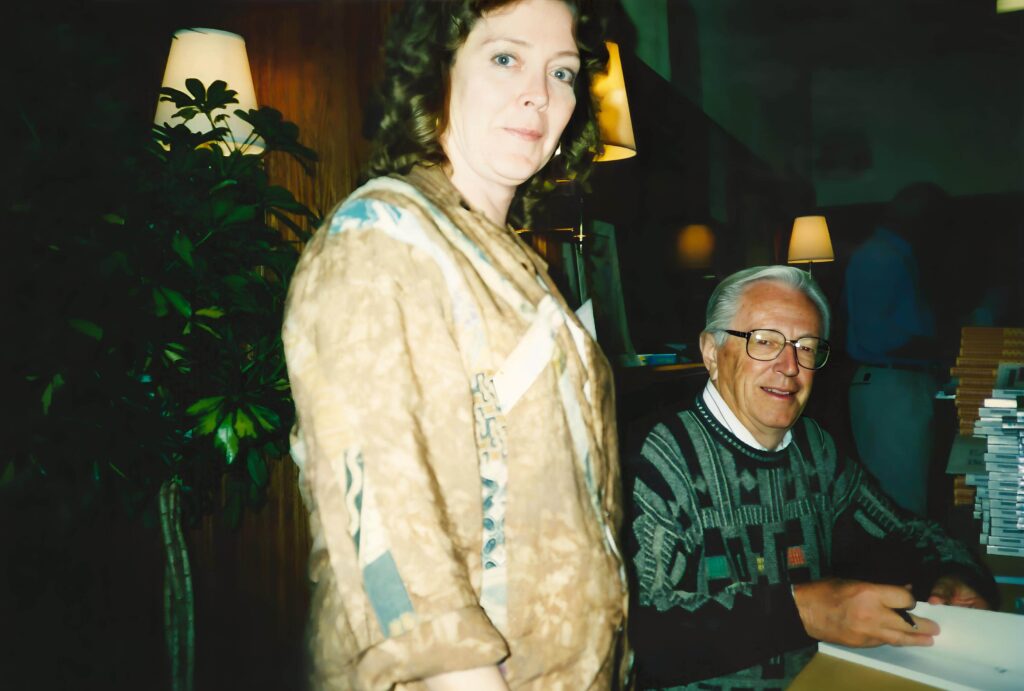
Charles Schulz was the brilliant cartoonist behind Peanuts, one of the most beloved comic strips in the world. Through simple lines and thoughtful characters like Charlie Brown, Snoopy, and Lucy, he captured the emotions, struggles, and humor of being human—with grace, gentleness, and honesty.
Jonathan Winters was a legendary comedian, actor, and improviser known for his boundless imagination, quick wit, and groundbreaking style. He influenced generations of performers—including Robin Williams—but his truest gift may have been the courage he gave others just by being himself.
One day at a writers conference, I signed up to read a humor piece during a small cottage workshop. Just before I was called to read, Jonathan Winters walked in—and sat right next to me. My heart raced. Suddenly, my funny little story felt completely unworthy, and I almost backed out.
Then he leaned over, read my name tag, and with a soft smile said,
“Give it a go, Gail. After all, what’s the worst that can happen? Do you know how many times I’ve tripped on my shoelaces?”
Just like that, the fear lost its grip. Jonathan reminded me that the world doesn’t need perfect people—it needs brave ones. He taught me that humor is human—and that showing up, flaws and all, is part of the art. That moment stayed with me. Whenever I doubt myself, I still hear his voice, nudging me forward with warmth and mischief.
“Laughter is like a windshield wiper—it doesn’t stop the rain, but it allows you to keep going.” – Jonathan Winters
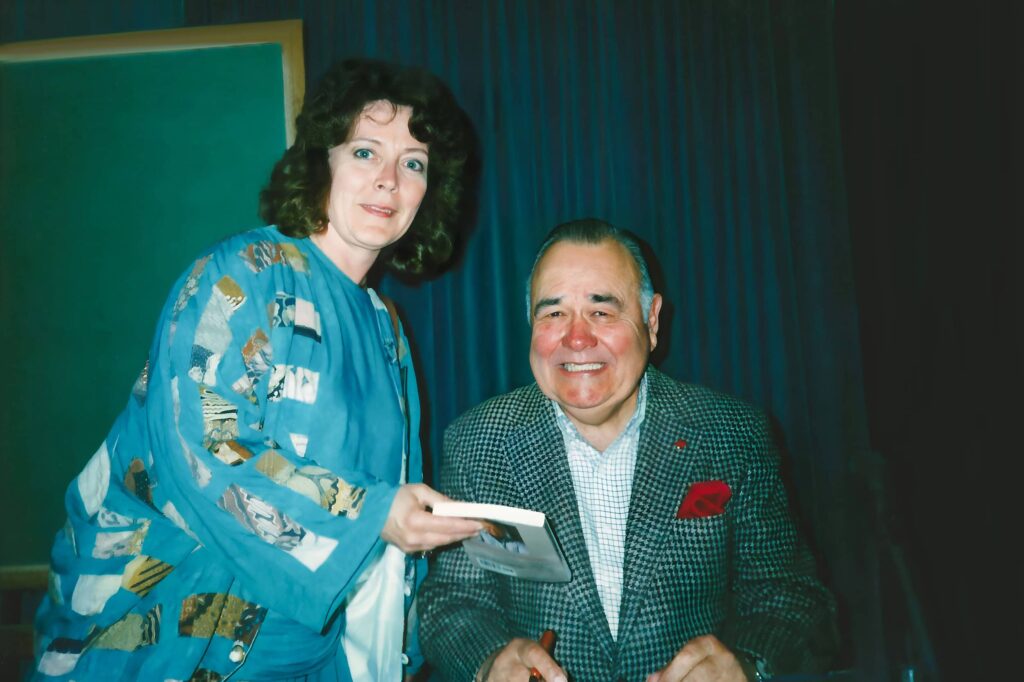
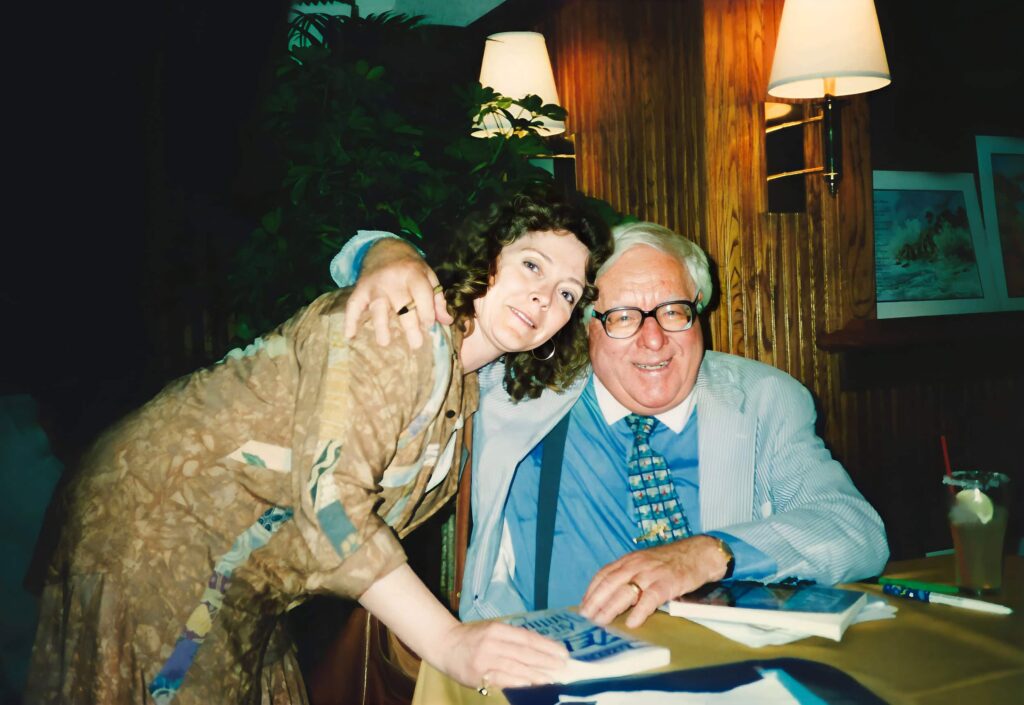
Every year at a writers conference, I looked forward to hearing Ray Bradbury speak. On a few occasions that we met, we’d talk briefly, and I always listened closely—because what he said stuck with you. His stories weren’t just entertaining—they were lessons about life, creativity, and the mysterious way words find their way into different hearts.
One of my favorite lessons came from a story he often told. He once spoke to his daughter’s class about the “true meaning” of one of his books. A student raised his hand and confidently said, “That’s not what it means.” Bradbury snapped back, “I wrote the d—- book,” and walked out of the room. He admitted his wife and daughter weren’t too thrilled, but behind the humor was a message I’ve never forgotten: Our stories are not always our own. Once we share them, they belong to the reader—and each person will find his or her own truth inside them.
Ray Bradbury taught me that writing is both a gift and a letting go. And he taught me to honor the power of the reader’s imagination as much as my own.
“Don’t think. Thinking is the enemy of creativity. Just do it.” – Ray Bradbury
Clive Cussler was a bestselling novelist and marine archaeologist, best known for his adventure novels featuring Dirk Pitt. He also founded NUMA, an organization dedicated to uncovering historical shipwrecks. His stories thrilled millions—but off the page, he was down-to-earth, kind, and genuinely funny.
I met Clive Cussler at a writers conference. He was so approachable, with a mischievous smile and a quick wit. I had the opportunity to small-talk with him on a few occasions. One evening, I bought a book and approached his autograph table. He reached, took the book from my hand, winked and signed. When he handed it back, I opened the cover and read his inscription:
“Gail—We’ll always have Acapulco! – Clive Cussler”
He grinned and said, “Now explain that to your husband.”
That moment still makes me laugh. I admired his humor, but came later to admire his kindness and generousity. A few weeks following one of the conferences, I reached out, rather boldly, to ask if he’d consider endorsing a book I was publishing for another author. I didn’t expect a reply. But while I was driving on the crowded Los Angeles freeway a short time later, my cellphone rang. I answered, and heard:
“Hi Gail, this is Clive. I don’t know what good my endorsement would be, but if you think it’ll help you earn enough to buy a cup of coffee, send the manuscript on.”
He kept his word, read the book, and gave it a wonderful review. That kind of support—from someone with such stature—meant the world.
“Adventure is where you find it—and sometimes it finds you when you least expect it.”
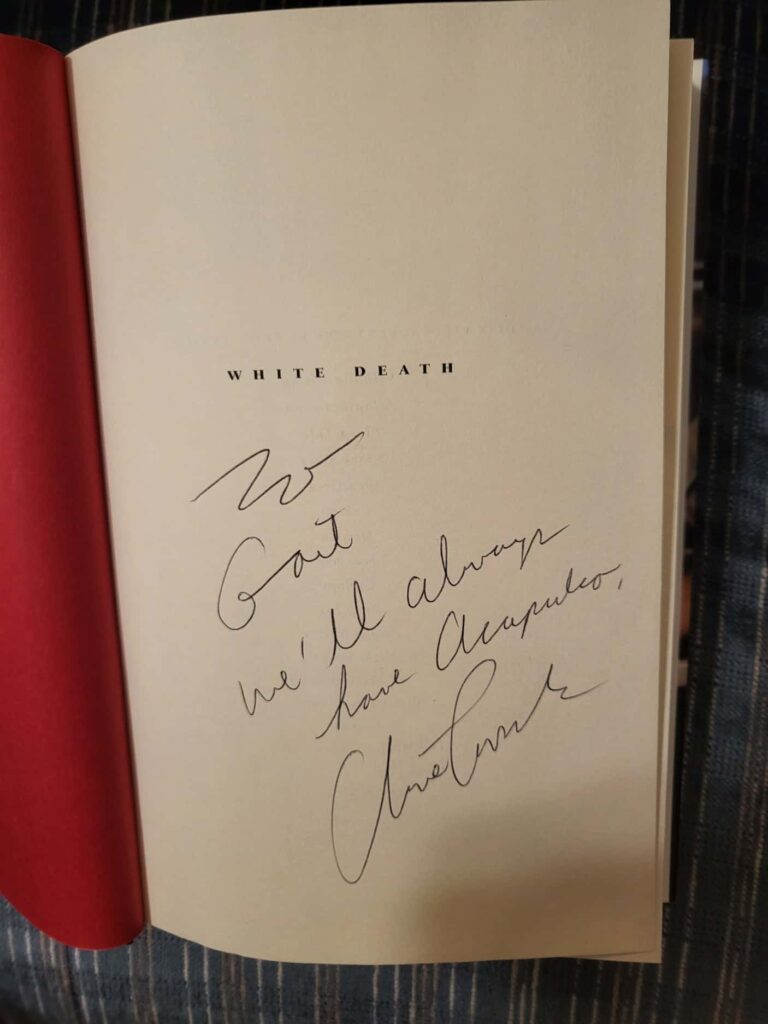
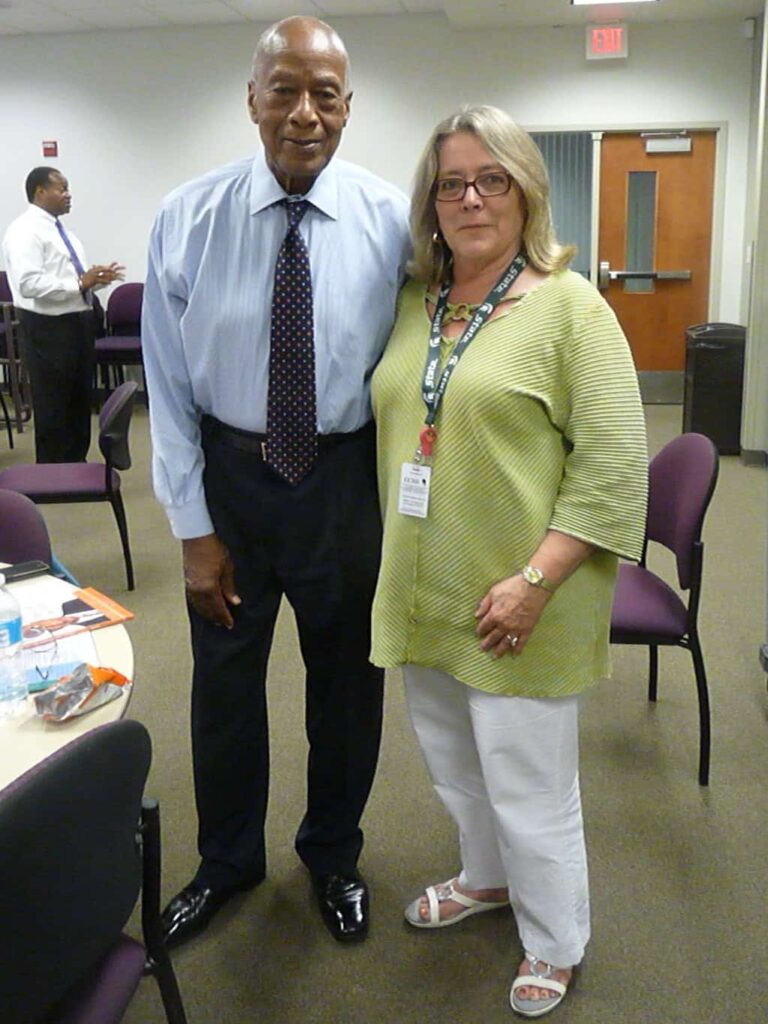
Dr. Robert Green was a pivotal figure in the American Civil Rights Movement. As director of the Southern Christian Leadership Conference, he worked side-by-side with his friend Dr. Martin Luther King Jr., helping craft the strategies that reshaped a nation. Later, as a professor at Michigan State University, he carried the struggle into the classroom, mentoring generations in equity, diversity, and leadership.
Elizabeth Sanders Kane was an actress, screenwriter, and widow of Bob Kane, the creator of Batman. She was a kind, humble woman with a generous spirit who embraced storytelling and friendship with warmth and grace.
We met at the Santa Barbara writers conference and became close over several years. Often after workshops, we could be found at a sofa in the hotel lobby with our laptops, sharing ideas and offering manuscript suggestions for hours. One evening, she offered to drive us to dinner in her new car. She laughed and warned me ahead of time that she wouldn’t be able to adjust the seats—she was still learning the systems. Because she was so tiny, the dealer had just finished customizing it so she could reach the pedals and see out the window.
When we got to the “car,” I was completely surprised—it was the largest luxury vehicle I had ever seen. Seeing the look on my face, she burst out laughing. “Oh, I splurged. It looked like a safe ride,” she said. That moment captured her perfectly: self-aware, down-to-earth, and full of humor.
Eventually, she stopped coming to the conference, but her kindness and quiet wisdom stayed with me. Elizabeth showed me that true grace is humble, and that the most lasting legacies are built through generosity and presence.
“To create is a gift. To share it is love.”
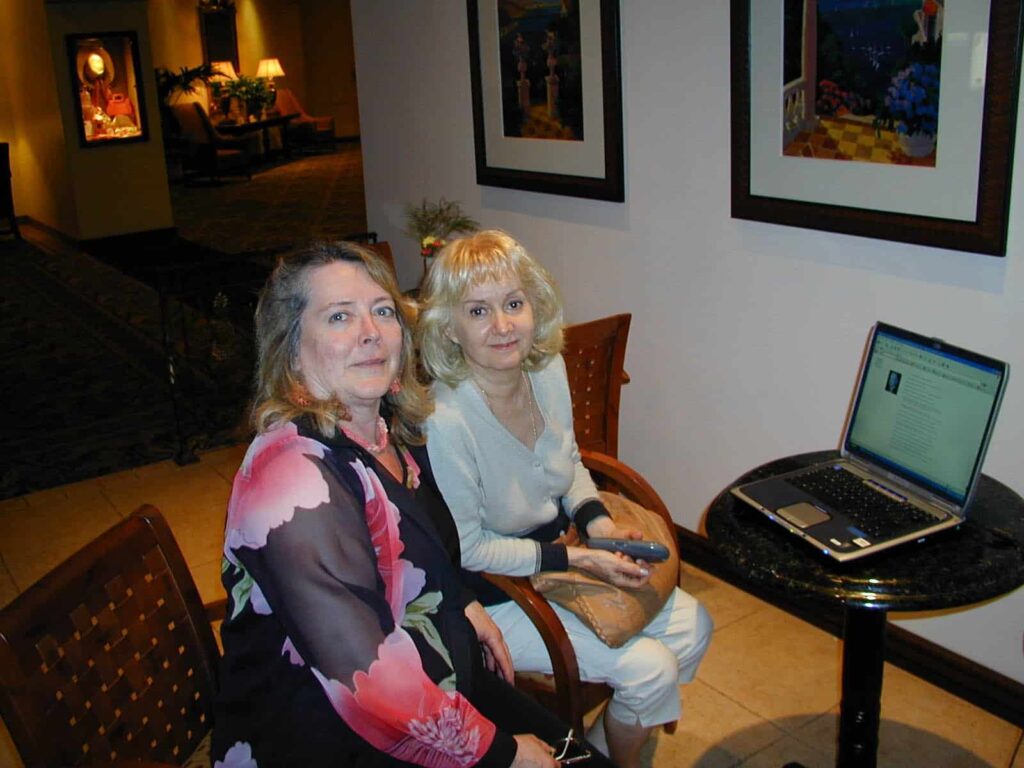
AND THESE ARE ONLY A FEW OF THE GREAT LEGENDS WHO HAVE INFLUENCED ME AS A WRITER, TEACHER, AND PERSON.